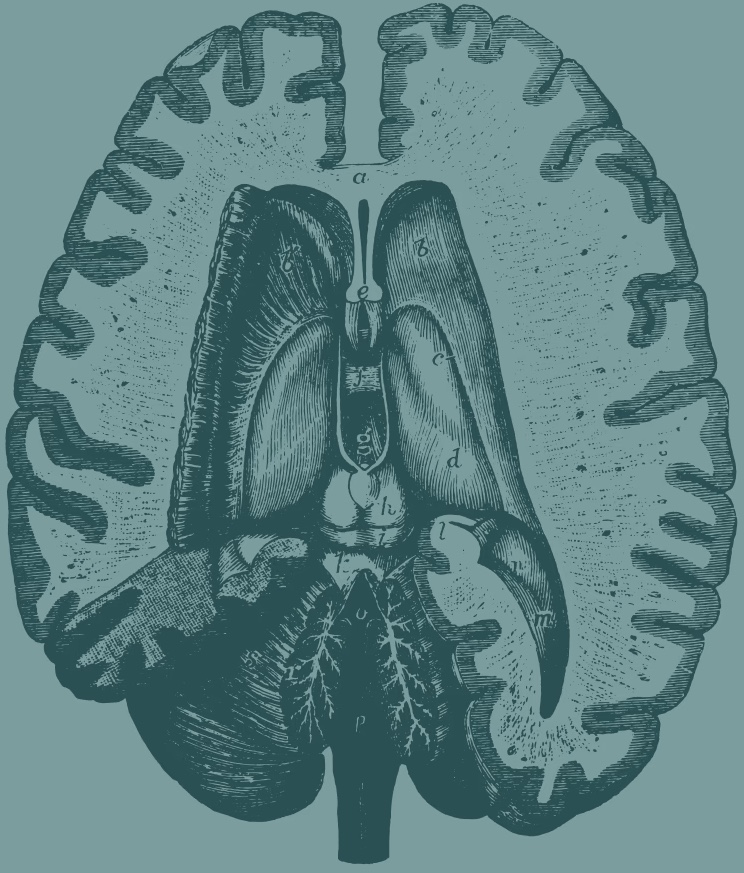Managing Impostor Feelings

So, what is the Impostor Phenomenon and how can we manage it?
You can read more about imposter syndrome in surgeons in this article that I wrote for the Bulletin of the RCS (Engl.).[3]
Managing your inner critic
Humans are social animals. Being part of, and valued within, a social group is very important… in fact, critical to our survival in evolutionary terms.
Read more →Developing psychological distance
Once you become aware of the nature of your inner critic, you can start to create space around the thoughts and feelings that you have, through psychological distancing techniques.
Read more →Having somewhere to go
Once you’ve noticed your negative self talk and the associated feelings, and created psychological distance from it/them, how do you connect with what's important to you?
Read more →Putting it all together
So, when we have identified our inner critic, learned to create psychological distance, and developed an alternative, how do we put it all together?
Read more →Resource Lucky Dip

Developing a growth mindset
Featured in: Listening (Spoken Word), Impostor Phenomenon, Self Compassion

Dr Kristin Neff x Prof Rangan Chatterjee
Featured in: Inner Critic, Self Compassion, Podcast

Developing self-worth
Featured in: Self Compassion, Fancy A Takeaway?, Impostor Phenomenon

Working out your values
Featured in: Self Compassion, Coaching

What are your strengths?
Featured in: Self Compassion, Impostor Phenomenon, Fancy A Takeaway?
Haven't found what you're looking for?
This is intended to be a place where busy healthcare professionals can come to find resources to support their fulfilment, productivity, health and performance.
Is there anything missing that you’re looking for? Or anything that has been useful for you that you would like to share? Any niche requests for recommendations? I would love to hear from you.
